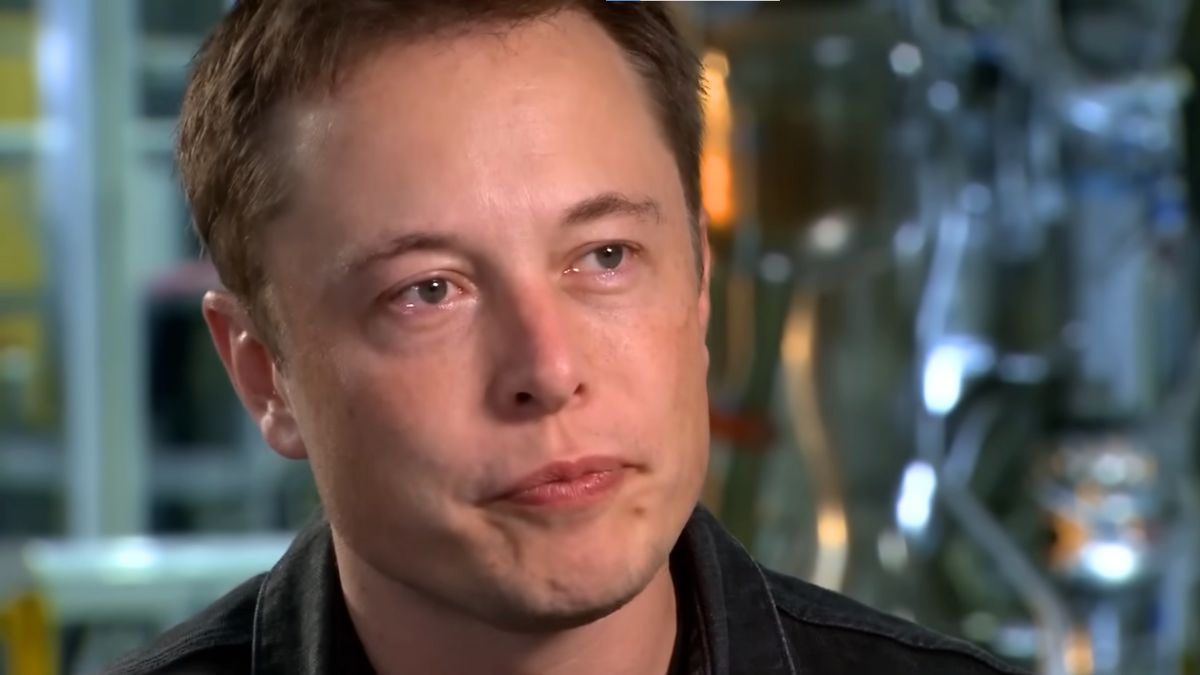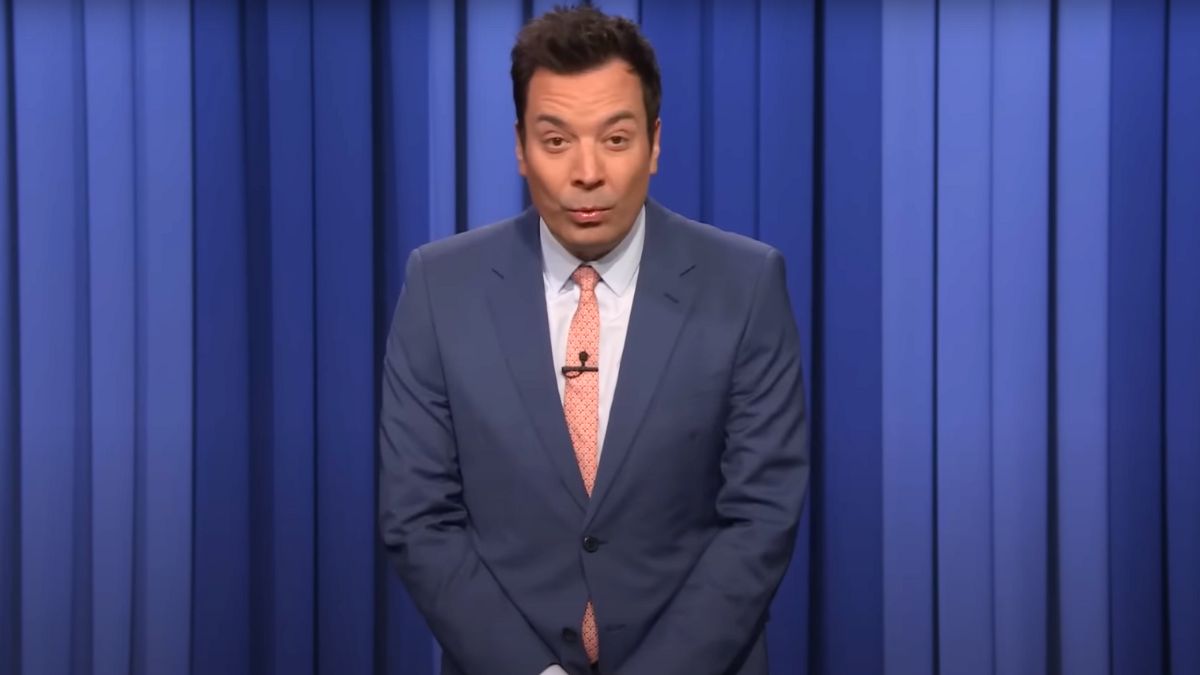
Ultimate Fighting Championship fighters including Jon Fitch and Josh Koscheck are embroiled in a controversy over their refusal to sign a lifetime videogame licensing deal with publisher THQ.
The proposed licensing arrangement between the UFC and THQ would have given the game publisher lifetime rights to the likeness of Fitch and his fellow fighters, which Fitch described as “kind of crazy. Why would you sign anything away for your lifetime?” The problem, he said, is that the exclusive agreement would bar him and other fighters from working with any videogame company other than the one chosen by the UFC. He also took exception to the way the contract was presented to his management. “They basically kicked the door open, guns blazing, pointed it in our face and said, ‘Sign this or you’re going to pay,'” he told Hardcore Sports Radio. Fitch was apparently given an ultimatum: Sign the contract or lose his position with the UFC. He declined to sign and was immediately cut.
In the wake of that refusal, UFC President Dana White once again proved to the world that he’s an astute, classy businessman (as opposed to a thuggish douchebag), telling MMAjunkie.com, “Let [Fitch] go work with [Affliction]. Let him see what he thinks of those [expletives]. [Expletive] him. These guys aren’t partners with us. [Expletive] them. All of them, every last [expletive] one of them.”
The trouble is that despite White’s shrewd negotiating skills, Fitch is one of the UFC’s top fighters. While not as instantly recognizable as fighters like Chuck Lidell or Georges St. Pierre, he had run off a string of eight consecutive wins in the UFC, preceded by seven consecutive wins in other promotions, before losing a five-round decision to St. Pierre for the welterweight championship. That kind of cachet as a fighter is hard to ignore, and sure enough, according to Fighters.com, negotiations were re-opened and the dispute has reportedly been resolved, with Fitch agreeing to sign a licensing deal. Prior to his dismissal, Fitch had suggested he would be amenable to a five or ten-year deal, but the actual terms of the contract he ended up signing were not revealed.
The importance of videogame licenses for professional athletes has only recently been recognized. The most visible case thus far is that of the NFL Players Association, which was ordered to pay $28 million to many former players after losing a lawsuit brought against it over licensing issues, including its deal with EA for the Madden NFL franchise. In that regard, Fitch is somewhat ahead of the curve, but given the huge popularity and continued growth of the videogame market, I expect the number of athletes who pay particular attention to those game rights in licensing deals to grow rapidly. The fates of Koscheck and other fighters affected by the disagreement, meanwhile, remain unresolved.
Source: Gamasutra




Published: Nov 21, 2008 03:57 pm